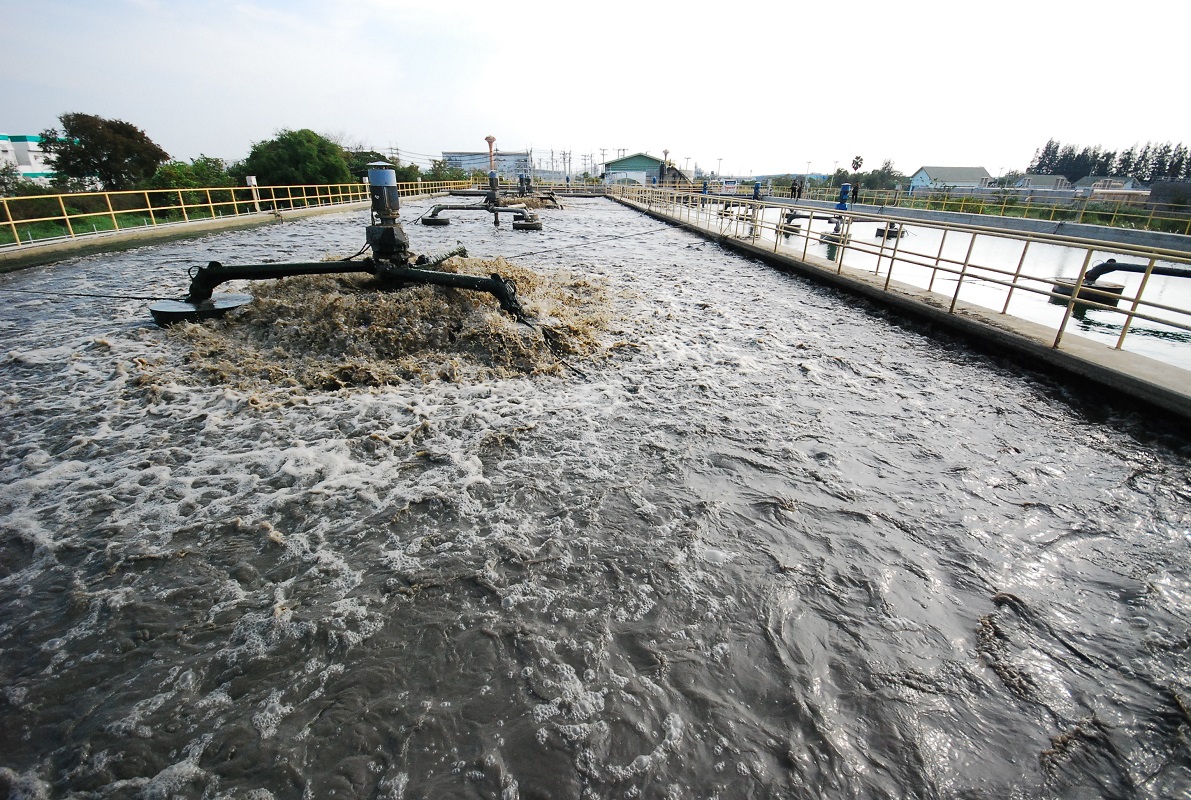- Environmental scientists conduct research on the impact of human activities on ecosystems.
- Renewable energy engineers design and implement renewable energy systems.
- Sustainable architects create eco-friendly, resource-conscious buildings.
- Recycling and waste management specialists develop recycling programs and waste reduction strategies.
- Solar electricians install, maintain, and repair solar panels to reduce greenhouse gas emissions.
If you are passionate about sustainability and environmental conservation, you are well-positioned to pursue a career that aligns with your values. Sustainability-focused careers are on the rise, driven by a growing awareness of the impact of human activities on the planet. This guide will explore five exciting careers dedicated to promoting sustainability and making a positive difference. Whether just starting your career journey or looking for a meaningful transition, these careers offer fulfilling opportunities to contribute to a greener and more sustainable future.
1. Environmental Scientist
As an environmental scientist, you will be critical in understanding and addressing environmental challenges. You’ll conduct research, collect data, and analyze the impact of human activities on ecosystems. Your work may involve monitoring air and water quality, studying the effects of pollution, and developing strategies for environmental restoration and conservation. Environmental scientists often collaborate with government agencies, nonprofit organizations, and private companies to promote sustainable practices and policies.
2. Renewable Energy Engineer

Renewable energy engineers are at the forefront of the transition to clean and sustainable energy sources. In this role, you’ll design, develop, and implement renewable energy systems such as solar, wind, geothermal, and hydropower. Your work will focus on maximizing energy efficiency and reducing the reliance on fossil fuels. Renewable energy engineers contribute to developing innovative technologies that harness the power of nature while minimizing environmental impacts.
3. Sustainable Architect
As a sustainable architect, you’ll be responsible for designing buildings and structures that are eco-friendly, energy-efficient, and resource-conscious. Your designs will incorporate renewable materials, green building techniques, and energy-efficient systems to minimize the environmental footprint of construction projects. Sustainable architects prioritize natural lighting, water conservation, and indoor air quality to create healthier, more sustainable living and working spaces.
Here are tips for becoming a sustainable architect:
Understand Environmental Regulations
It’s important to understand the environmental regulations in your area before getting started as a sustainable architect. Familiarize yourself with local building codes, zoning laws, and sustainability initiatives that may be relevant to your projects. This will help ensure your designs comply with all applicable standards while minimally impacting the environment.
Research Sustainable Building Materials and Techniques
In order to create eco-friendly structures, you’ll need to research sustainable building materials and techniques. Look into recycled or renewable materials such as bamboo, recycled plastic, reclaimed wood, rammed earth bricks, and straw bale construction for your projects. Additionally, consider green technology options like solar panels or geothermal energy systems to reduce the carbon footprint of your designs.
Invest in Professional Development
Continuing education is an important part of being a sustainable architect, as new technologies and regulations are constantly emerging. Take advantage of courses offered by architecture firms or trade organizations to stay current on topics related to green building and sustainability initiatives. Additionally, attending conferences or joining industry organizations will help you network with like-minded professionals who share your passion for sustainable design.
Collaborate with Other Professionals
As a sustainable architect, it’s important to collaborate with other professionals to create the most effective and environmentally friendly structures possible. Work with engineers, contractors, landscape architects, and urban planners to ensure that all elements of a project work together to create an energy-efficient and ecologically responsible building. This will help maximize the positive impact of your designs on the environment.
4. Recycling and Waste Management Specialist

Recycling and waste management specialists are instrumental in creating sustainable waste management solutions. You’ll develop and implement recycling programs, waste reduction strategies, and composting initiatives in this role. You’ll work with communities, businesses, and governments to promote responsible waste disposal and recycling practices, reducing waste in landfills and incinerators.
5. Solar Electrician
As a solar electrician, you’ll be at the forefront of the solar energy revolution. Your work will involve installing, maintaining, and repairing solar panels and other solar energy systems. Solar electricians contribute to the widespread adoption of clean energy and play a vital role in reducing greenhouse gas emissions. Find reliable solar electrician jobs if you’re looking to make a difference. Solar electrician jobs will require strong problem-solving and analytical skills and a passion for renewable energy.
In Summary
If you’re passionate about sustainability, consider exploring one of these five rewarding careers that offer opportunities to impact the environment positively. From environmental scientists conducting critical research to renewable energy engineers driving the shift towards clean energy, these careers contribute to building a more sustainable and greener future. Whether you pursue a career in environmental science, renewable energy, sustainable architecture, waste management, or solar electrician, your passion and dedication will drive positive change and create a better world for future generations.


